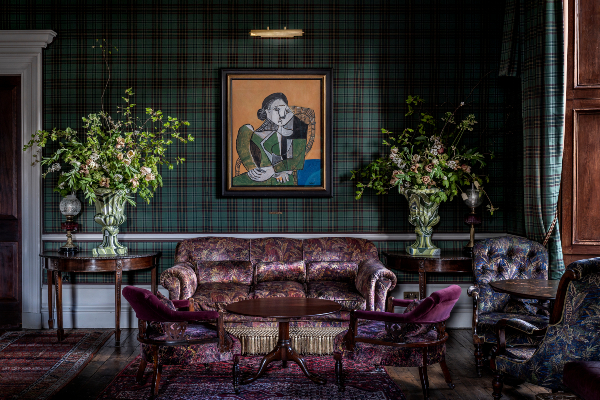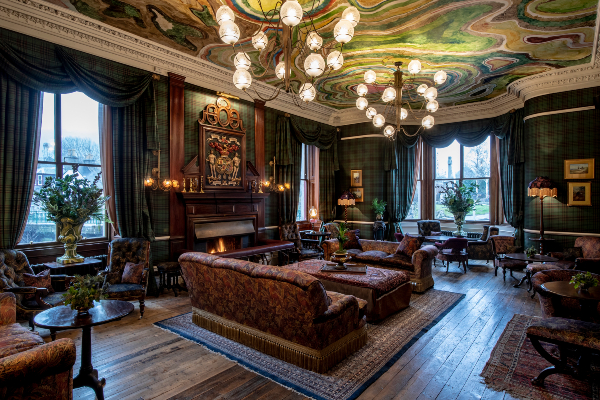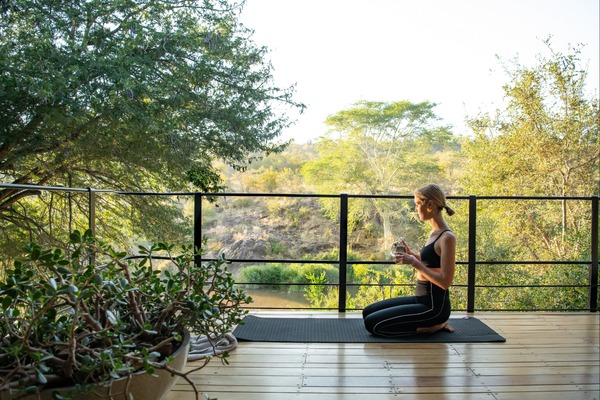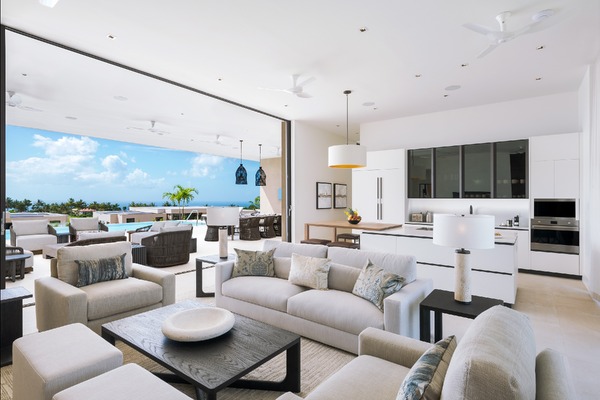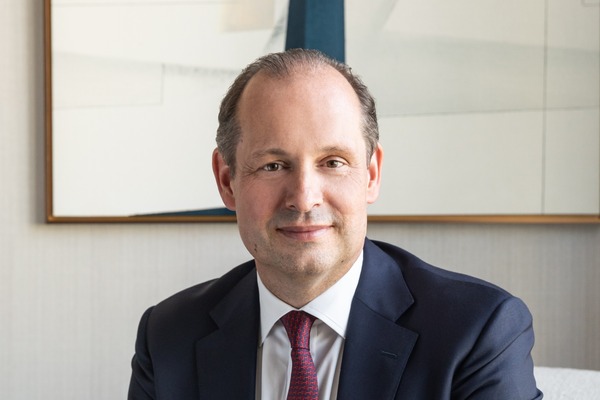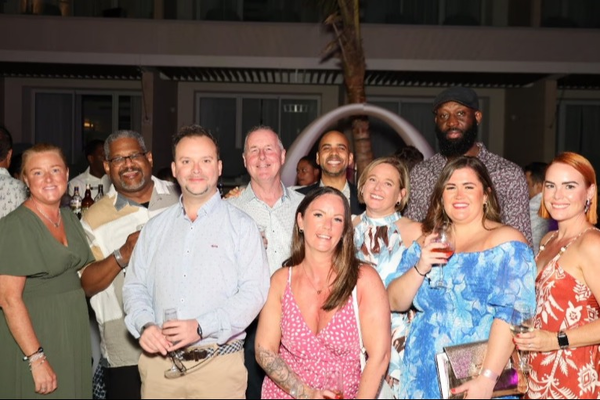What are luxury travellers of the future searching for?
Affluent consumers are seeking less superficial luxury experiences. Chris Sanderson, co-founder of The Future Laboratory, explores what this search for more meaningful fulfilment means for travel brands.
In the face of continued global uncertainty and market volatility, the future of the luxury travel and hospitality sector remains a challenging one, but those brands and services that allow individuals to enjoy the human qualities of travel will find a way forward.
As reported by Bain & Company, the experiential luxury sector has grown by 5-6% annually over the past five years, and it is projected to grow to a value of $1.2 trillion by 2025. Luxury continues to benefit from this shift in consumer perception regarding an investment in luxury.
But our notions of “experience”– as first posited more than 15 years ago by Joseph B Pine, are once again on the move. Enter the Transformation Economy: a new era in luxury travel, where throwaway fly-and-flop experiences are traded for more meaningful, purpose-driven moments that are about the self-actualised consumer driving life-affirming and life-changing expectations from their interactions with brands.
Make memories
According to the FT, 64% of luxury consumers agree luxury experiences create more memories than luxury goods. So, as luxurians continue to embrace “omnilux” lifestyles, travel brands across the sector must meet their demands for all-encompassing experiences, from the novel and fun to slower, more meaningful moments. But what is driving this new era of travel?
For us at The Future Laboratory, powerful factors are reshaping the world of luxury. Consumers are shifting their focus from products, evolving into new demographic structures, and re-evaluating their relationship with wealth itself.
Following a spate of post-Covid revenge spending, we can now expect aspirational consumers to be more selective, placing higher value on fulfilling experiences and personal growth over high-ticket items. In light of global social and political events, a mass re-organisation is afoot in terms of how luxury travellers structure their lives, influencing where, when and why they choose to travel.
And as our lifestyles and attitudes shift, so too does our definition of luxury. Ewan Venters, CEO of art gallery Hauser & Wirth’s hospitality arm Art Farm, which counts The Fife Arms amongst its hotels, says there is a “yearning for intimacy and connection” that is less superficial than previous iterations of luxury, plus an openness to more varied and fluid experiences.
Carbon conscience
According to the PLOS Climate Report, 40% of emissions can be traced back to the income flows of the top 10% in the US, but the top 1% of earners alone generate 17% of the nation’s emissions.
As a result, sustainability has become not just a nice-to-have, but a must-have part of the luxury experience. So while concerns about privilege and wealth are on the rise, and rightly so, the increasing demand for elevated experiences in a post-pandemic era presents a dilemma for luxury hospitality brands.
To thrive, brands must begin to find creative ways to improve the environment and make this a point of difference in the brand proposition.
Reflecting the post-Covid pace of living, travel is accelerating in a quest for escapism, intimacy and wonder. At the same time, attitudes to travel are also shifting to prioritise deceleration, contemplation, intimacy and balance. And finally, a drive to make a notable difference through travel choices encourages the use of personal wealth for better.
Regeneration game
Expedia recently cited that 56% of US respondents liken travel to a healing activity. So beyond seeking to just reduce their environmental footprint, hospitality brands are striving to take onboard regenerative and long-lasting sustainable solutions without failing to meet guests’ expectations of luxury hospitality.
Indeed, according to Luxury Daily, more than 60% of the new generation of luxury consumers are attracted to brands based on the company’s ethical values and purpose. And as the late and much-missed Celia Geyer, senior vice-president of design and project development at hotel group Belmond, explained to The Future Laboratory, shortly before her untimely death, “[we must] understand how we can do things in a way that makes sense for the planet without compromising on experiences and the delivery of what our guests want”.
*Additional writing and research by Rhiannon Hudson
Need to know
The Future Laboratory is one of the world’s leading strategic foresight consultancies. From its offices in London, Sao Paulo and Melbourne, the team offers a range of products and services to help clients harness market trends, adapt to emerging consumer needs, and keep them ahead of their competitors. Its invaluable consumer trends and market shifts can also be discovered by visiting its intelligence platform, lsnglobal.com
